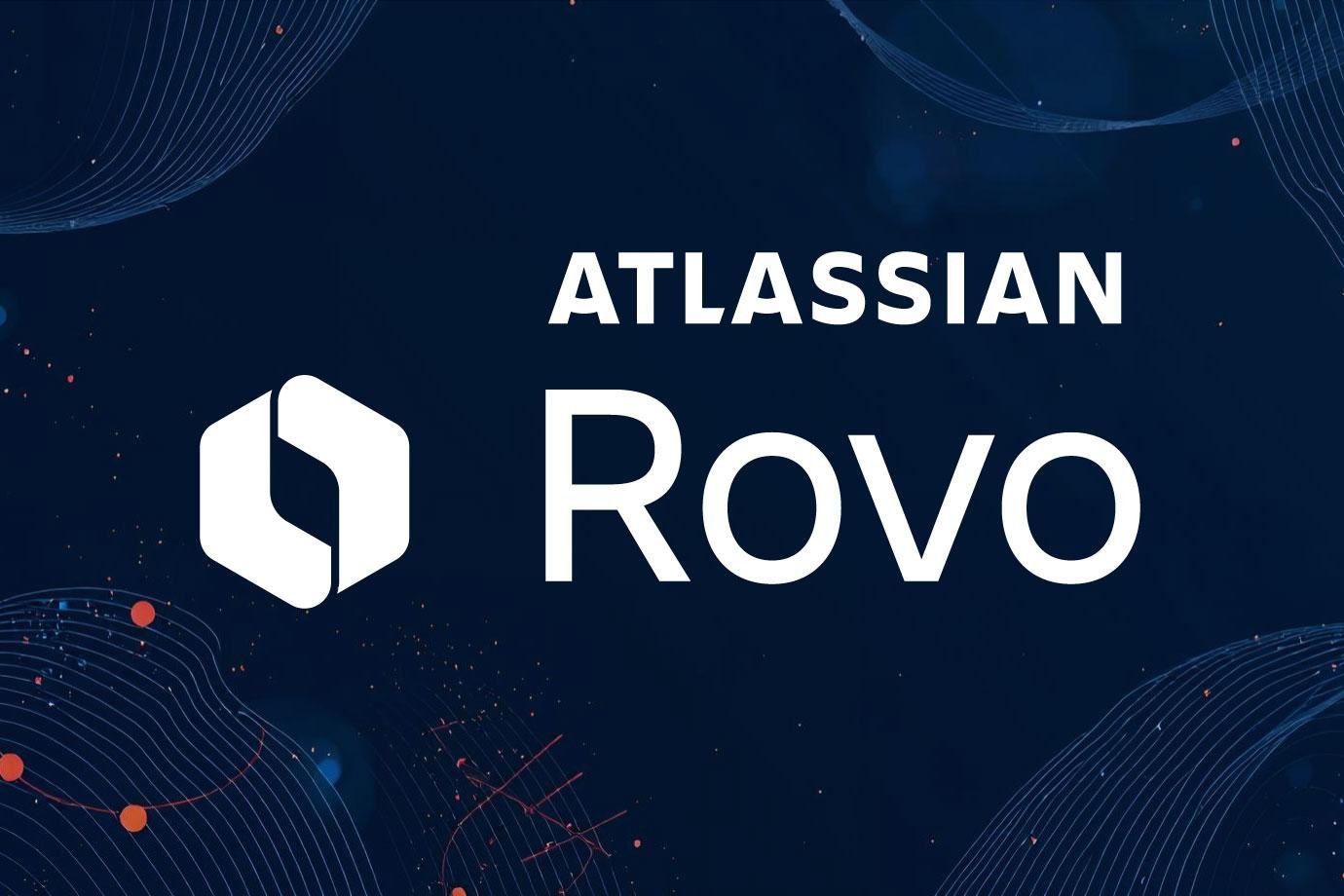Global data consumption over telecom networks could triple by 2027, reaching 9.7 billion petabytes, thanks to the surging demand for high-speed connectivity, advanced telecom services such as streaming, and immersive applications such as VR and gaming.
As telecom forms the backbone of most businesses today, there is a pressing need to deliver services quickly and securely. Growth and development are happening at a lightning-fast pace in the ASEAN telco market, with revenue in the ASEAN Communication Services Market projected to reach $51.2 billion in 2024.
Read on as we delve into ASEAN telcos’ challenges in accelerating service delivery and how DevOps and DevSecOps transform the game.
The Service Roadblocks for ASEAN Telcos
The telecommunications industry in ASEAN countries is one of the world’s fastest-growing markets. However, this growth is not without challenges. Characterized by diverse cultures, languages, and economic conditions, several hurdles hinder business operations and expansion.
- Stricter government oversight: As government oversight intensifies, telco leaders face the brunt of compliance and regulations. According to a report by Ernst and Young, 61% of telco leaders believe regulatory risks will significantly impact their business’s performance over the coming year.
- Increasing deregulation: Increasing deregulation in the telecom sector has resulted in high competition. This requires telcos to constantly innovate and improve their services to stay ahead of their competitors.
- Rise of diversified conglomerates: Another hurdle impacting ASEAN telcos is the rise of diversified conglomerates. Sprawling telecommunications conglomerates with regional operations are quickly mushrooming, making the business landscape increasingly competitive. This also results in several carve-outs, with many telcos pursuing divestments, spin-offs, and IPOs and seeking to form joint ventures and strategic alliances.
- Volatile economic conditions: The ASEAN telco market is also witnessing soaring prices and a global economic downturn, making it difficult for companies to encounter new obstacles while finding ways to capitalize on emerging trends.
- Massive infrastructure ecosystem: As telcos strengthen their hold across the ASEAN market, the infrastructure ecosystem becomes highly complex. Telcos often face challenges in maximizing value from this infrastructure
- The pressure of new technology adoption: As the sector undergoes digital transformation, telcos are under increasing pressure to adopt new technology trends like Generative AI to improve network efficiency, enhance customer experience, and reduce operational costs. However, they face several challenges in understanding the costs and risks of data conditioning and governance, training foundational models, and implementing guardrails to minimize errors and biases.
The DevOps and DevSecOps Advantage
For ASEAN telcos reeling under several challenges, DevOps and DevSecOps open doors to several benefits and opportunities:
- Faster service delivery via increased communication and collaboration: As the demand for more innovative, more agile networks increases, DevOps processes can equip ASEAN telcos with capabilities needed for faster service delivery. DevOps can accelerate time-to-market by improving communication and collaboration between traditionally siloed teams and systems, allowing telcos to keep pace with emerging market trends and customer expectations.
- Improved quality and compliance via early and continuous security integration: As ASEAN telecom networks become increasingly vulnerable to cyberattacks and risks, DevSecOps can help defend against the growing attack surface. By introducing quality checks early in the development lifecycle and shifting security testing left, telcos can ensure higher-quality software delivery that is secure from the start. According to GitLab’s Global DevSecOps Report, more than half (58%) of telcos use DevOps or DevSecOps methodologies to increase the velocity of building and delivering secure applications.
- Increased business agility via CI/CD: With 5G networks expanding and the pressure to adopt technologies like GenAI at an all-time high, DevOps allows telcos to keep up with these trends with agility. Automated CI/CD pipelines reduce the time between code changes and production releases, making teams 2X more likely to deploy multiple times daily, enhancing their ability to respond to new demands.
- Enhanced enterprise visibility via elimination of department and system silos: For telcos looking to deliver intelligent and agile services to customers, DevOps enhances enterprise visibility via the elimination of department and system silos. Instead of relying on multiple tools, a single platform helps optimize the toolchain. It makes it easier for developers to integrate development, security, and IT teams to build high-quality applications. This helps increase productivity while improving teams’ ability to identify bottlenecks with shared visibility into the behavior of their applications and workflows.
- Faster innovation via automated capabilities: With DevSecOps, telcos can leverage automated capabilities to assure accurate and secure software delivery. Automating development and security chores can improve ongoing monitoring, immediate incident response, and service quality, allowing telcos to focus on innovating products and services rather than identifying and resolving bugs and defects. China Mobile Jiangsu leveraged a DevSecOps platform built by Huawei, shortening the requirement delivery period and issue resolution period by 50% and 49%, respectively.
- Improved customer experience and trust via scalable and flexible service delivery: DevOps enables immediate feedback, allowing developers to incorporate customer needs and expectations with agility. Through consistent and continuous updates across the CI/CD pipeline, they can allow scalable and flexible service delivery while ensuring security remains a dynamic part of the development process.
Enable Long-term Success
ASEAN telcos face several economic, political, and technological headwinds in today’s dynamic business environment. As quality and security become non-negotiable, they must constantly innovate to drive new services, gain a competitive advantage, and position themselves for long-term success.
DevOps and DevSecOps empower telcos to deliver software quickly and securely, contributing to the sector’s continuing progression. Embrace the power of DevOps and DevSecOps to make security a shared responsibility, encourage collaboration, and deliver next-gen services with agility.




